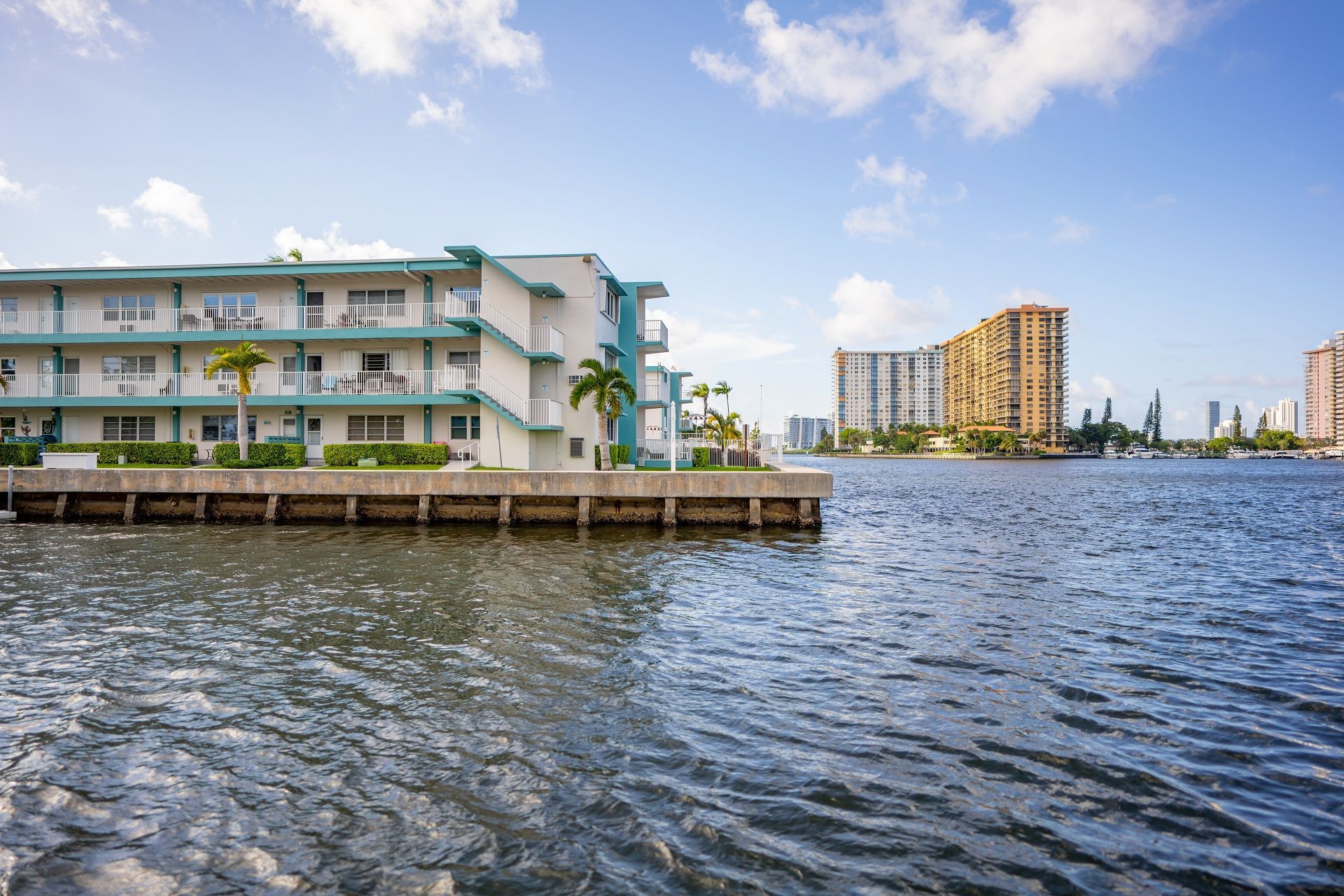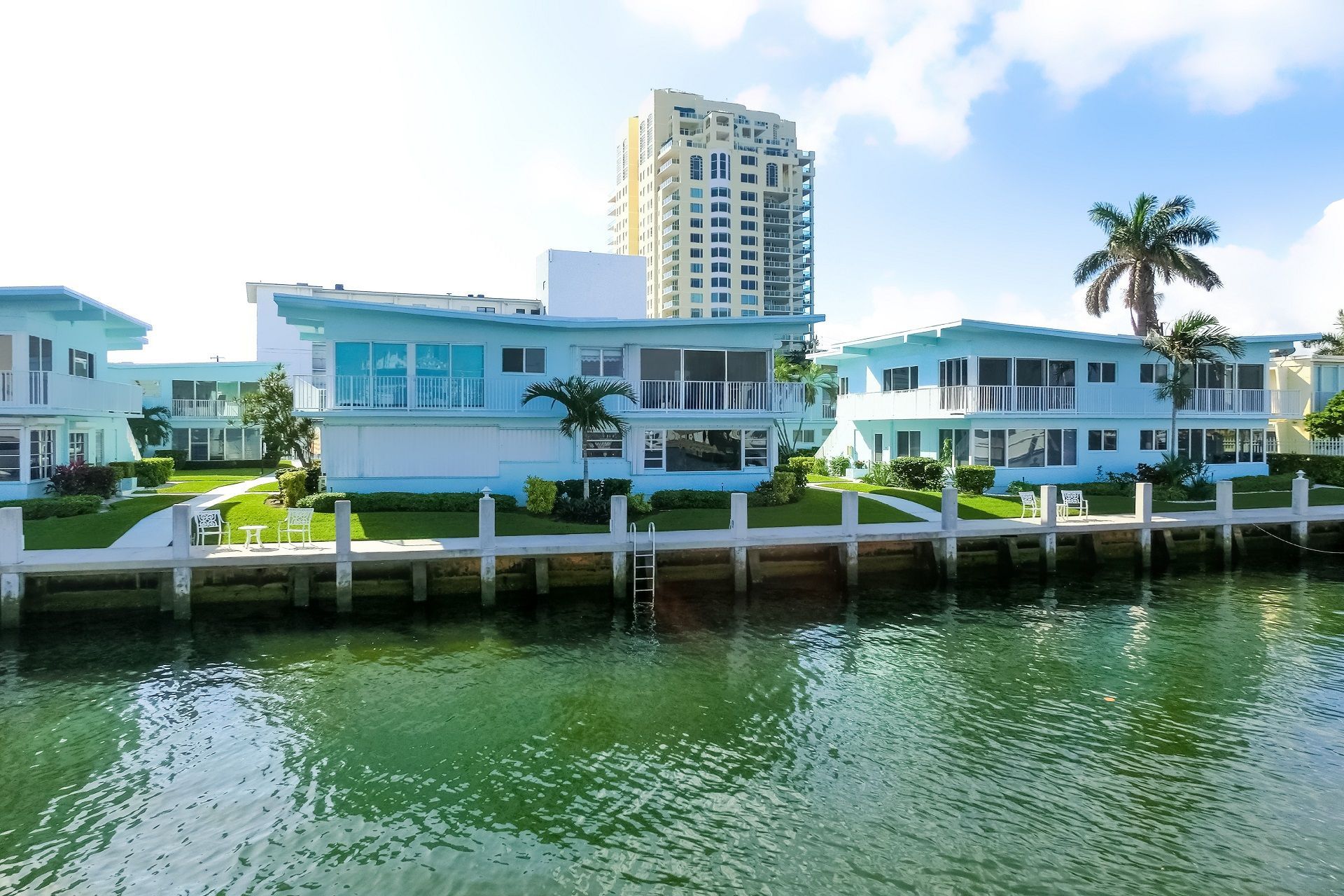Which Assessment Method Is Commonly Used For Commercial Industrial Property?
If you’re looking to sell, buy, or lease a commercial industrial property, you’re probably wondering about its appraised value. This is understandable because correctly assessing the value is not an easy feat for a single reason - commercial property appraisals are not as objective as residential ones.
Unfortunately, commercial values depend on uncontrollable elements that don’t apply to your run-of-the-mill double-bedroom home. For instance, values for commercial property are often dependent on maintenance costs, the market price for which similar properties rent, as well as available comparables (which are fewer than those for residential properties).
With that said, today we’ll take a look into standard ways commercial industrial property gets evaluated and how you can achieve the best outcome, regardless of whether you’re buying or selling.
Common Commercial Industrial Property Valuation Methods
Although many methods are viable for commercial properties in general, some aren’t useful for industrial buildings (value per door, cost per rentable square foot) as they’re used for apartment buildings. There are four categories of fair market value approaches used when evaluating a commercial industrial property:
- Cost approach
- Sales/market approach
- Income capitalization approach
- Value per gross rent multiplier
Let’s break them down:
1. Cost approach
This valuation approach is pretty simple to grasp as it’s based on the question of how much it would cost to replace an asset. You have to first assume you have to buy land of similar value in the same location, then factor in the construction of the same commercial property.
So what does this suggest?
Well, if you’re selling a property, you have to make price adjustments that account for its depreciation, current condition, age, and so on. The principle of substitution states that a buyer interested in your property won’t buy what you’re selling if they can build the same property next door and generate the same amount of economic value because they would be willing to pay more for a completely new building.
2. Market/sales approach
Here, you’ll compare the commercial industrial property in question to similar properties to make sure it’s priced accordingly. The idea behind this method is that no one is willing to buy a property that’s priced higher than other properties.
Furthermore, if a building was priced lower than other buildings that surround it, someone would have already bought it. So in other words, if a similar industrial building near the building you’re selling has been sold recently, it’s safe to assume that your property could fetch the same price.
The market/sales approach mostly boils down to finding comparable transactions in a particular area. For instance, if you’re looking at or selling a two-story commercial industrial property in Fort Lauderdale, you need to learn how much similar properties in the same area sell for.
Keep in mind that you still have to account for the age, size, and functionality of the property. There also might not be property of the same type in the same area so you’ll have to make value adjustments based on key differences such as the construction type (e.g. brick) based on how the market values those characteristics.
3. Income capitalization approach
With this approach for assessing the value of a commercial property, you need to look at the present value which could potentially support future cash flow. An easy way to do this is to determine your expected revenue minus expenses (such as upkeep, management fees, and maintenance), then to discount that amount into the current value.
In case the values are uncertain, you may need a higher rate of return, particularly if the income is volatile. However, if you can accurately estimate the future income, the discount rate should be lower.
4. Value per gross rent multiplier
Lastly, this method measures the value of the property by taking the price and dividing it by the gross income. For example, if a property was purchased for $500k and generates $70k from the rent per year, the gross rent multiplier is about 7.14. You can also present it as $500k/$70k.
When looking to buy a property, this method helps identify industrial properties with low prices relative to their potential income.
How Can A Commercial Building Inspection Help?
Believe it or not, commercial property inspections will benefit both sellers and buyers. Because everyone places a different value on a property and it’s impossible to ascertain a fully objective price, there are ways you can influence the value of the property.
For buyers, a
commercial building inspection is a must as it can help discover any defects that may require a notable investment to address. That way, you can renegotiate the price with the seller to account for that cost.
For sellers, a pre-listing inspection can point to any immediate concerns that you can remedy before buyers start lining up to see the property.
Equally important, you can then realistically price your property if you’re aware of the problems that exist. Furthermore, if you correct the defects, you can substantiate a higher price and can make additional improvements to your commercial industrial property that will help you increase the price even more.
It’s also worth noting that you can avoid the unpleasant scenario of a deal falling apart when the buyer’s inspection reveals a significant issue.
Certified Inspectors Let You Make Informed Decisions
In conclusion, using some of these valuation techniques will help you get in the ballpark of how much a property should realistically go for. You can then supplant that assessment with an inspection that delves deeper into the condition of the property and make adjustments to the price or the offer, depending on if you’re selling or buying.
To get the most value, consider working with
Certified Inspectors. We have decades of experience in real estate construction and planning and we offer the fastest, yet most detailed commercial industrial property inspection in the market.
Schedule an inspection with a
Certified Master Inspector® and get one step closer to determining a reasonable price for the property you’re selling or buying.
Share the post:
Recent Posts

What is the Difference Between a Residential Seawall Inspection and a Commercial Seawall Inspection?
Get A Free Quote
Contact Page Contact Form
We will get back to you as soon as possible.
Please try again later.
Reviews
Contact Us
Footer Contact Form
We will get back to you as soon as possible.
Please try again later.
We accept Visa, Master Card, American Express, Zelle, Paypal, Cash or Check as well.
Call: 561-570-6311
All Rights Reserved.
This website is managed by Oamii.





